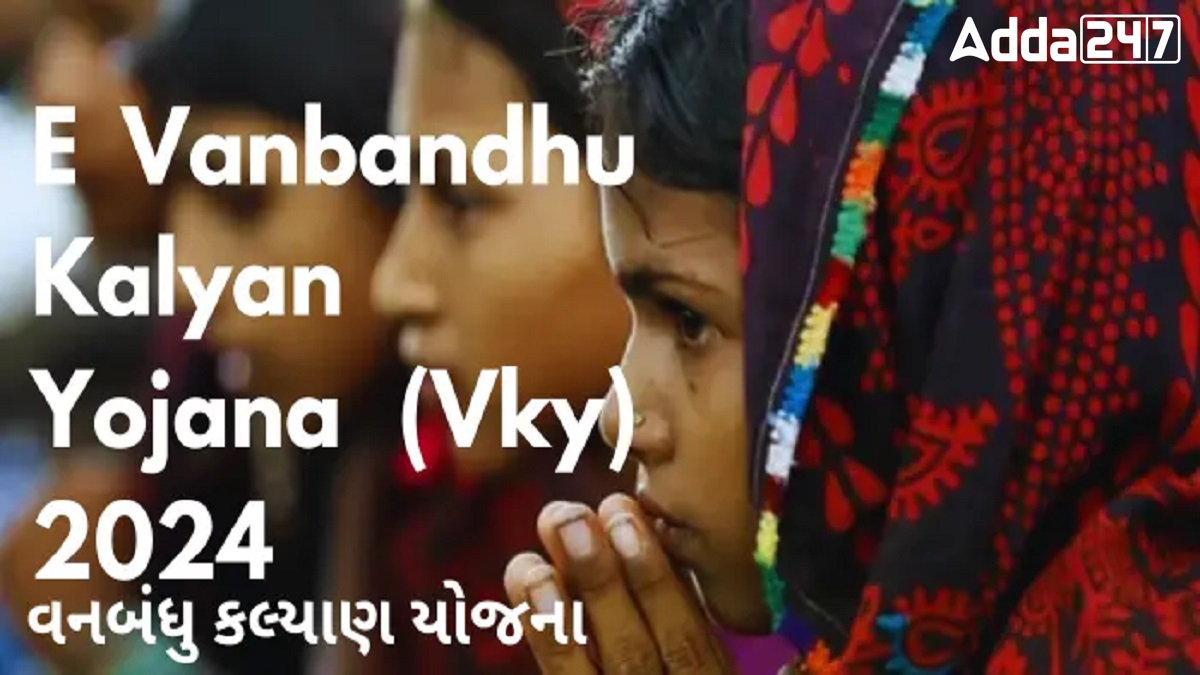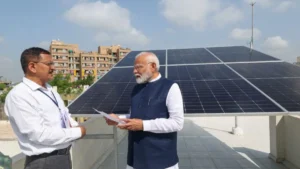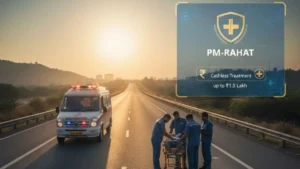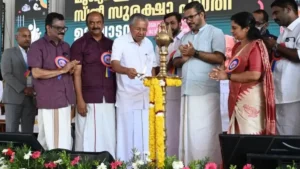The Pradhan Mantri Vanbandhu Kalyan Yojana (PMVKY), launched on October 28, 2014, is an initiative targeting the upliftment and inclusion of India’s tribal communities, who represent 8.9% of the population. Addressing their unique socio-economic challenges, this scheme emphasizes sustainable development with a budget allocation of ₹26,135.46 crore from 2021-2026. The program is aligned with the government’s vision of “Sabka Saath, Sabka Vikas” and focuses on empowering tribes across the nation with essential services, financial assistance, and preservation of cultural heritage.
Six Core Components of PMVKY
Pradhan Mantri Adi Adarsh Gram Yojana: Aims at developing 36,428 villages with significant tribal populations, emphasizing infrastructure, education, and healthcare, with a budget of ₹7,276 crore by 2025-26. Each village is allocated ₹20.38 lakh for essential services, and 16,000 villages are already underway.
Development of Particularly Vulnerable Tribal Groups (PVTGs): Focuses on the upliftment of PVTGs through dedicated housing, healthcare, and education initiatives. With ₹15,000 crore set aside over three years, the Pradhan Mantri PVTGs Development Mission seeks to enhance living conditions, targeting approximately 15,000 PVTG habitations.
Support to Tribal Research Institutes (TRI): This initiative funds research for tribal welfare, aiding states in understanding and addressing specific cultural and socioeconomic needs.
Pre-Matric Scholarships: Offers financial aid for tribal students in classes IX and X, ensuring continued education, especially for students from economically disadvantaged backgrounds. The funding arrangement includes central and state contributions, with special provisions for Northeastern states and Union Territories.
Post-Matric Scholarships: Extends support to Scheduled Tribe students studying beyond class X, aiming to promote higher education among tribal youth.
Administrative Assistance for Project Management Units: Establishes state-level project units to monitor and implement tribal welfare programs efficiently.
Additional Initiatives
- Eklavya Model Residential Schools (EMRS) – Aims to establish 728 schools by 2026 for tribal students from grades VI to XII.
- Pradhan Mantri Janjatiya Vikas Mission (PMJVM) – Merges existing programs to foster tribal entrepreneurship, particularly through the support of Minor Forest Produce (MFP).
- Development Action Plan for Scheduled Tribes (DAPST) – A multi-departmental initiative, committing ₹1.23 lakh crore this fiscal year to address tribal needs in education, health, and employment.
Outlook
PMVKY’s integrated approach, including scholarships, livelihood creation, and infrastructure, marks a significant effort to elevate the socio-economic conditions of India’s tribal communities. The government’s consistent allocation and engagement highlight an enduring commitment to creating an inclusive society where tribal populations can flourish.




 2 Years of PM Surya Ghar Scheme: Rooftop...
2 Years of PM Surya Ghar Scheme: Rooftop...
 From Seva Teerth, PM Modi Announces PM R...
From Seva Teerth, PM Modi Announces PM R...
 Kerala Launches ‘Sthree Suraksha’ Scheme...
Kerala Launches ‘Sthree Suraksha’ Scheme...








